
A simple monthly injection allows mice to live 25% longer and free from diseases
The strategy — the injection of a simple antibody — has already begun to be tested in humans in an attempt to cure age-related illnesses

The strategy — the injection of a simple antibody — has already begun to be tested in humans in an attempt to cure age-related illnesses

The doctor is one of the promoters of the Common Sense Oncology initiative, which warns that many anti-cancer drugs offer little to no benefits

The case of the first patient to receive immunological therapy against stiff person syndrome opens the door for the treatment to be used against other conditions, such as multiple sclerosis

Two independent studies confirm that the same therapeutic approach of combining two types of oncological treatments improves the response in lung tumors and Hodgkin lymphomas
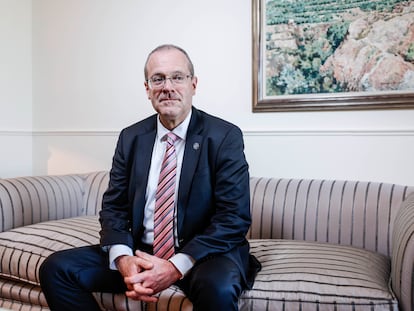
The regional director of WHO Europe discusses what was learned from the Covid-19 health emergency, and what can be done to address falling vaccination rates and rising numbers of STIs

A pharmaceutical that links lymphocytes with malignant cells to destroy them reinforces the role of immunotherapy in small cell tumors

Socioeconomic, cultural and language barriers imply a greater predisposition to contracting certain forms of the disease, particularly those caused by infectious processes. It also makes access to effective treatments difficult

Spanish scientists have found the oldest case of oncological intervention in remains dating back 4,000 years, when the Egyptian civilization was flourishing

An optimized and more powerful version of the treatment is able to improve survival rates among rats with brain tumors, pancreatic, and lung cancers

The study of several families with Laron Syndrome in Ecuador opens up the possibility of searching for a drug or diet that could mimic its beneficial effects
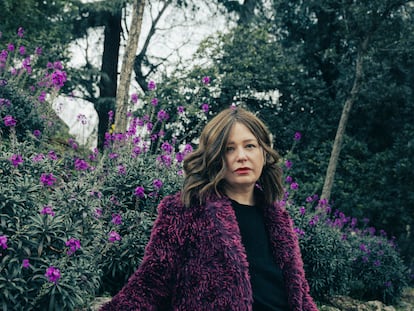
Her memoir – ‘The Undying: A Meditation on Modern Illness’ – went beyond her own medical treatment. When it comes to searching for the causes of cancer, she writes how, in addition to studying genes, it’s just as important to examine the water we drink. The Pulitzer Prize-winning poet has also criticized the hypocrisy of certain patrons of scientific research. An American now living and teaching in Scotland, she spoke with EL PAÍS while on a visit to Madrid
The University of Oxford researcher is testing a revolutionary injection to prevent the appearance of lung cancer, the most common and deadly form of the disease
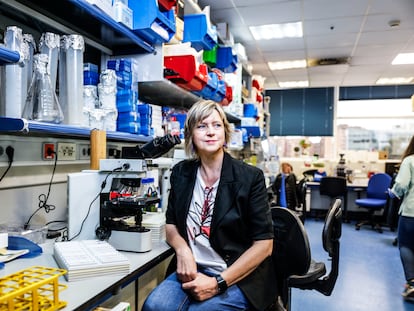
Public coffers receive €1 million a year thanks to Giovanna Roncador’s work with molecules to study cancer at one of the best research institutions in the world, CNIO. The case illustrates Spanish scientists’ struggles against entrenched bureaucracy and lack of support for entrepreneurship
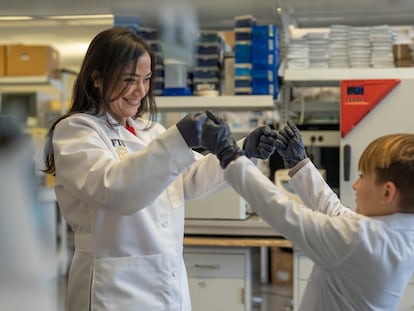
U.S. researchers tested a hundred drugs on patients’ tumor cells in the lab to identify the most effective drugs for their cancer

The former NFL player, who was acquitted in 1995 in the so-called ‘trial of the century,’ succumbed to cancer

Lisa Niemi Swayze recalls trying to stay positive about his diagnosis. She also talks about the hate she received from the actor’s fans when she remarried five years after his death

The new norm advances President Joe Biden’s commitment to environmental justice with health protections for communities burdened by industrial pollution from chemicals such as chloropren
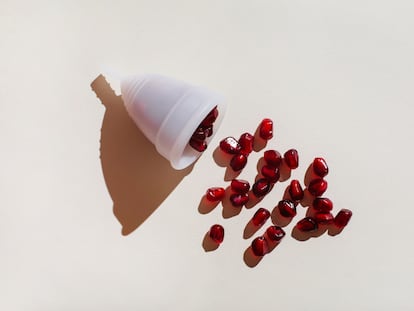
Long overlooked, menstrual stem cells could have important medical applications, including diagnosing endometriosis
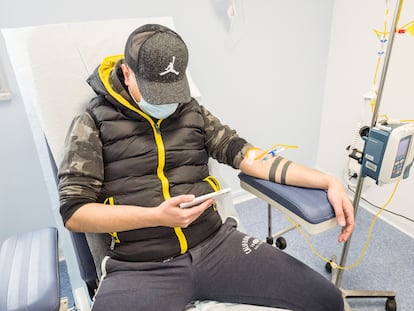
The psychological impact of the diagnosis is higher among young adults like Catherine, the Princess of Wales, who recently disclosed her cancer
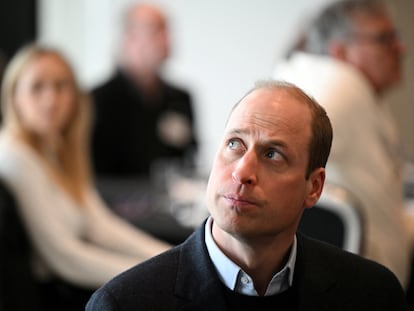
The heir to the throne understood from an early age that duty comes first: it is a mantra he made his own when he had to walk behind the coffin of his mother, Princess Diana. Now he has to deal with his father and wife’s cancer while taking care of three children and leading the monarchy
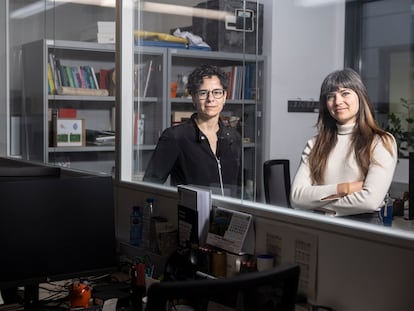
A study has explored how a second tumor developed in four children and describes, for the first time, chemotherapy-caused mutations in healthy tissue that have unknown long-term effects
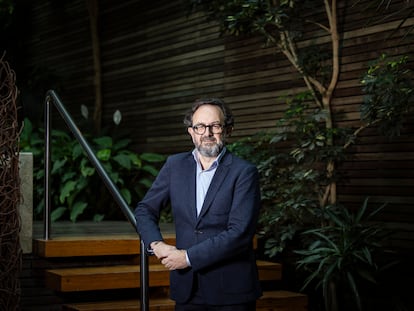
The doctor admits that some patients do not respond to these drugs and says there is still more to learn about immunity against cancer
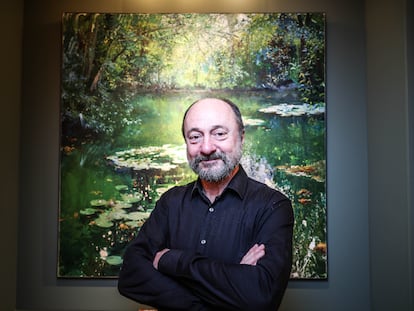
The researcher has created mice with 100,000 human neurons embedded in their brain to accelerate the search for drugs against dementia
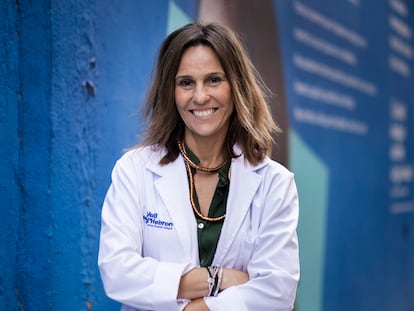
The scientist, who became the first female director of the Vall d’Hebron Research Institute in its 30-year history, says that advanced immunology treatments and gene therapy will be ‘fundamental’ to treating diseases
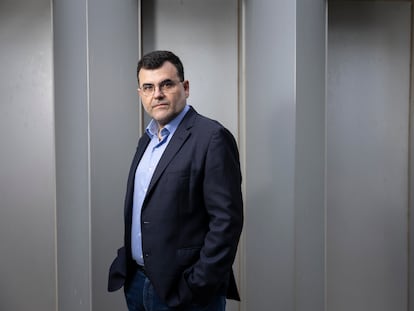
The scientist is a recipient of Catalonia’s National Research Award who studies colon cancer metastasis
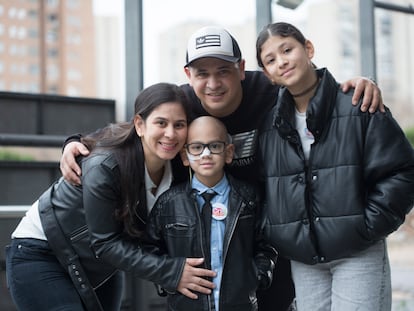
An oncological experimental applied therapy, thanks to the CRIS Foundation, brought about remission in the case of a seven-year-old boy whose alternative was palliative care
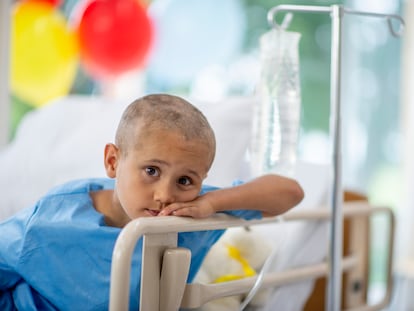
Misinformation does not prevent children from sensing their disease. It is advisable to explain things to them based on their level of understanding and language. That way, they can ask questions about their cancer treatment and even be consulted in making decisions